The truth is that Nature has in her hands a certain paste which is always the same, which she is ever turning over and over again in a thousand ways, and of which she forms men, animals, and plants. She has not formed Homer, Demosthenes, and Plato of a finer or better kneaded clay than our poets, orators, and philosophers. Do not object that minds are not material. They are connected by a material bond with the brain, and it is the quality of this material bond that determines intellectual differences. ¿from ¿Chapter V: The Progress of Knowledge: Fontenelle¿ The notion that human civilization is progressing, is naturally moving from a more primitive state to a more evolved one, seems so obvious to us that it bears reminding that this was not always true: the concept did not exist before the Enlightenment. In fact, as renowned historian J.B. Bury explains in this classic work, first published in 1920, the idea of progress was antithetical to the thinking of the ancients, who saw history as an unstoppable decline from a previous Golden Age. How did we shift from such pessimism to the current assumption, and how has it altered human civilization? Drawing on the writings of such thinkers from Malthus and Descartes to Darwin and Marx¿and many others¿Bury explores how all fields of human thought from philosophy to physics have been changed by the idea of progress. British historian JOHN BAGNELL BURY (1861¿1927) was professor of modern history at Cambridge. His writings, known for a readability combined with a scholarly depth, include History of the Later Roman Empire (1889), History of Greece (1900), and A History of Freedom of Thought (1913).
Bitte wählen Sie Ihr Anliegen aus.
Rechnungen
Retourenschein anfordern
Bestellstatus
Storno

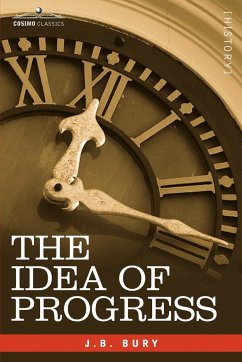
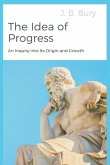
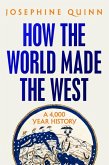

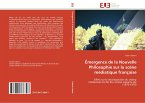

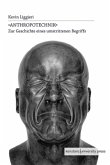
![The Idea of Progress [microform]: an Inquiry Into Its Origin and Growth The Idea of Progress [microform]: an Inquiry Into Its Origin and Growth](https://bilder.buecher.de/produkte/65/65489/65489326m.jpg)